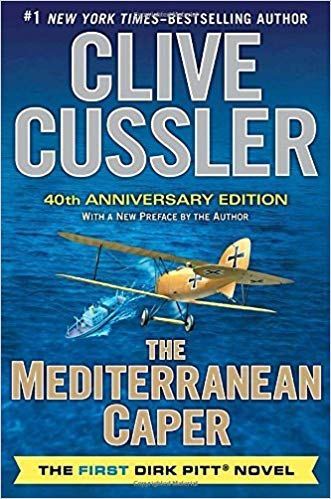Why Reading *Is* History Class
A colleague of mine and I were chatting the other day about the unit we recently completed in our junior English classrooms, and our students had a shared complaint: “This ain’t history class!” Oh, but my dears . . . it is. Reading, whether it’s fictional novels or true historical accounts, is always a history lesson.
I’m a self-professed voracious reader. I don’t just read books; I devour them at alarming rates. My husband and I actually got into an “argument” about that the other day. He said, “I bet you read thirty books a year!”
. . . and I inwardly cringed and snickered all at once.
Y’all. I’ve read 14 books on my Kindle this month. That doesn’t count physical copies of things that I read and forgot to scan into Goodreads. That doesn’t count the things I’ve re-read (which Goodreads is supposed to track but let’s be real here–it doesn’t). That doesn’t count the fact that I read Macbeth with my seniors and a dozen different articles, biographical pieces and short stories.
Ahem.
So that brings me to my point: reading is history.
One of the things that I really like to do when I find an author that I like is read allllllllll their stuff. I mean all of it. A lot of times I’ll pick up a book on a bargain rack and it ends up being the seventh book in a series. If I like it, I go back and start at the beginning. That’s what I have been doing this month with Clive Cussler’s Dirk Pitt series.
 The hardcover edition (image from Amazon)
The hardcover edition (image from Amazon)So, I ended up starting with book, I don’t know, 17 or so, one that was published fairly recently. When I dug back to the beginning of the series, I got The Mediterranean Sea, which was published in 1973.
And boy, did I get a history lesson.
For fans of Cussler, you know there’s an obvious history lesson in his books. The books usually start with a historical introduction, fictionalizing some event that happened in the distant or even ancient past, and then the modern-day protagonist goes on an adventure that ends up finding the lost treasure, the sunken ship, the burial site, the whatever. But.
The Mediterranean Caper is also a historical account of how we viewed women in 1973. I almost put the book back down just a few chapters in when the protagonist, Dirk Pitt, walks up to a bikini-clad woman on the beach and asks her why she’s sad. She explains that it’s because her husband died nearly a decade ago and that she misses him terribly. Pitt strikes her full in the face to “snap her out of it” and she responds by throwing herself in his arms. The chapter fades as they are sleeping with each other on the beach.
If I hadn’t read a more recent Cussler novel or five (because I’ve also read the NUMA files and the Oregon files), I’d have stopped right there. Give me a break. You slap a woman across the face today for being sad about her dead husband and she’ll haul off and punch you in the nose, not beg you to renew all lost passion in her life.
It’s sexist and stupid, but it’s also a product of its time. Ever watched the old James Bond movies, or even old Western movies? It’s nothing for James Bond or whoever John Wayne is in that particular flick to backhand or smack a woman. Most of James Bond’s romantic conquests make my eyes roll so hard they nearly get stuck.
I’m not a fan of sanitizing history. I think that we learn from our past. I can definitely look at Cussler’s books and see that he has changed. I started with The Mediterranean Caper on October 5. I’m on Arctic Drift right now (book 20 of the series–I had to skip a handful that I couldn’t get) and his views of women are clearly changing. One of the protagonists (granted, not the primary protagonist, but she’s close) is Summer Pitt, the original protagonist’s daughter.
Yes, there’s a little bit more time given to her physical description than there is some of the male characters, but Summer is a force to be reckoned with. She holds her own with the males on the NUMA payroll, often saving the day in her own right, and she doesn’t hesitate to fight or defend herself as necessary. Rather than always being the sole victim, there are plenty of times when it’s Summer who has to cut her brother out of handcuffs or dispatch the vagabond (and Arctic Drift is a 2008 novel).
If someone at Pitt’s publisher or literary agency demanded that he go back and either rewrite his early books or stop selling them altogether, I feel like that would be a disservice. I know that not everyone will agree. However, I think pretending like the past never happened goes a long way toward allowing it to repeat itself.
I’ll give one last example before I need to get back to my book: one of the most banned books in school libraries and classrooms is The Adventures of Huckleberry Finn because of its use of the “n-word”.
There’s a lot of uncomfortable stuff in Huck Finn that some would like to sanitize. Huck is abused by his father (and, arguably enough, some other adults in the book). All sorts of social issues are wrapped up into the plot–race, racism, abuse, alcoholism, poverty, equality, you name it. Believe it or not, the majority of the protests lodged against the book have come from whites, because the book provokes a conversation that makes us unsettled.
Read the book. Learn the history. And then learn from it. That’s all I’m asking.



